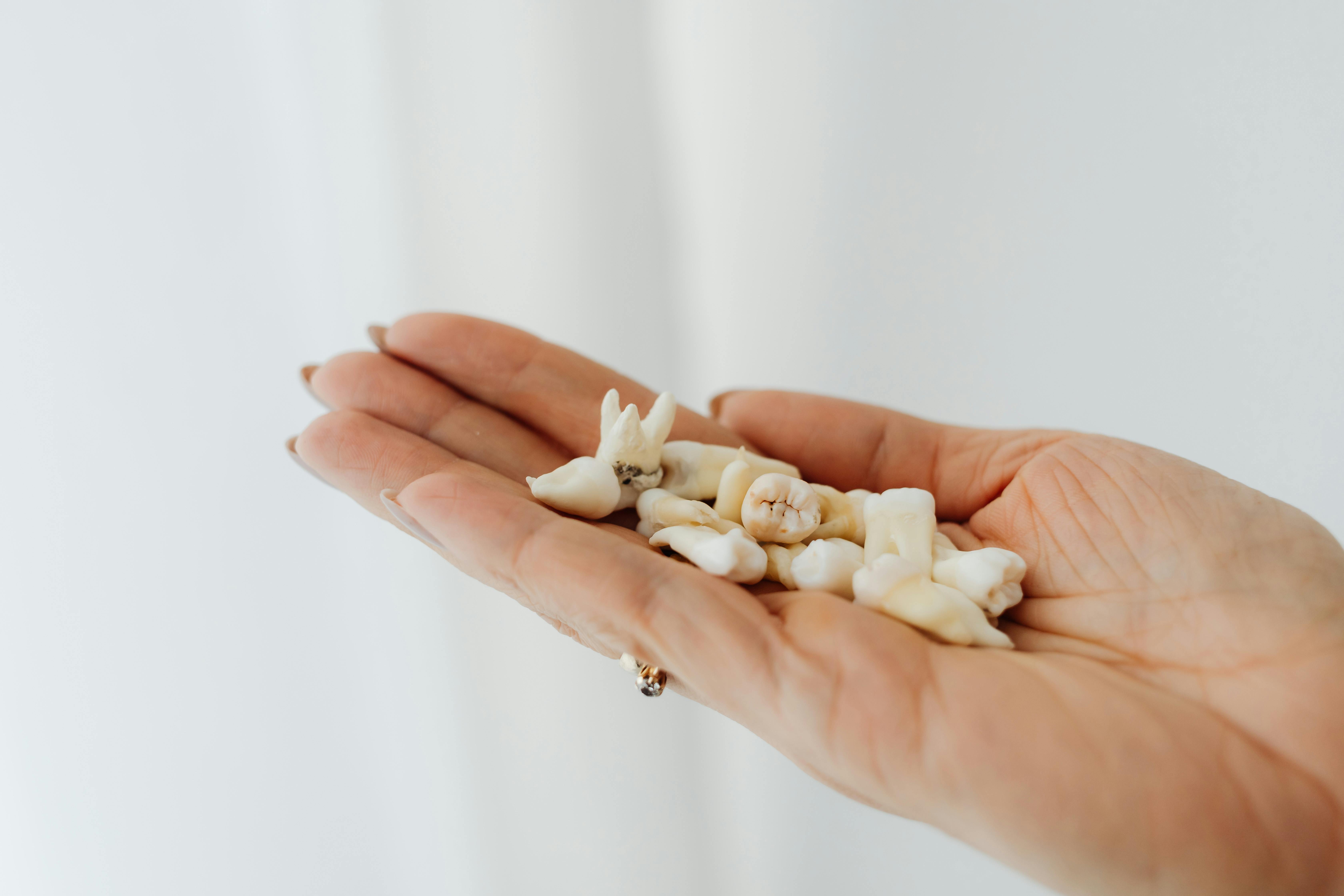How to Deal with Sore Teeth After an Orthodontic Adjustment
How to Deal with Sore Teeth After an Orthodontic Adjustment
Feeling sore after a braces tightening or aligner switch? Don’t worry—it’s a normal part of your orthodontic journey. Orthodontic adjustments are designed to move your teeth into better alignment, and that movement can cause mild to moderate discomfort. The good news? The soreness is temporary, and with the right care, you can ease the pain and stay on track.
At Gargi’s Dental Care, Kolkata, we guide patients through every stage of treatment—including how to manage post-adjustment sensitivity. Here’s what causes it, how long it lasts, and what you can do to feel better.
Why Do Teeth Feel Sore After an Adjustment?
When braces are tightened or aligners are changed, gentle pressure is applied to your teeth and jawbone. This pressure triggers a biological process where the bone around your teeth reshapes—allowing them to move. That movement causes inflammation in the surrounding tissues, which leads to soreness. It usually peaks within the first 24 to 48 hours and improves gradually over the next few days.
How Long Does the Soreness Last?
Most people feel discomfort for about 2 to 4 days after an orthodontic adjustment. For some, it may last up to a week. The intensity usually decreases with each adjustment, as your teeth and tissues adapt to the process. If pain persists beyond a week or is severe, it’s best to check in with your orthodontist.
Top Tips to Relieve Sore Teeth
1. Eat Soft Foods
Skip anything crunchy, chewy, or sticky during the first couple of days. Stick to soft foods like mashed potatoes, yogurt, soups, smoothies, pasta, or rice to avoid putting additional pressure on your teeth.
2. Use a Cold Compress
Apply a cold pack to the outside of your cheek near the sore area. This helps reduce inflammation and numbs the discomfort. Do this for 15 minutes at a time, several times a day.
3. Rinse with Warm Saltwater
Swishing a solution of warm water and salt can help ease gum irritation and reduce soreness. Mix half a teaspoon of salt into a glass of lukewarm water and rinse gently.
4. Take Over-the-Counter Pain Relief
Paracetamol or ibuprofen can be taken (with your dentist’s recommendation) to ease the discomfort. Avoid aspirin in children or teens unless specifically advised.
5. Use Orthodontic Wax
If brackets or wires are poking the inside of your cheeks or lips, apply orthodontic wax to smooth the rough areas and prevent sores or irritation.
6. Stay Hydrated
Drink plenty of water to keep your mouth moist and flush out bacteria. Avoid sugary or acidic drinks, which can make soreness worse or irritate the gums.
7. Avoid Chewing on the Front Teeth
Try to chew with your back teeth as much as possible, especially during the first few days post-adjustment, to reduce strain on the more sensitive front teeth.
8. Keep Up with Oral Hygiene
Gently brush and floss even if your teeth are sore. Skipping oral care can lead to plaque buildup, which can increase inflammation and discomfort.
When to See Your Dentist
While soreness is expected, there are a few signs that may indicate something more serious:
- Sharp or shooting pain that doesn’t fade
- Brackets or wires causing injury to cheeks or gums
- Swelling or signs of infection
- If you experience any of these symptoms, contact us at Gargi’s Dental Care, Kolkata for a check-up.
We’re Here for Your Orthodontic Journey
Braces and aligners are a commitment—but the discomfort is temporary, and the results are worth it. At Gargi’s Dental Care, we provide personalised support to help you stay comfortable and confident throughout your treatment.
Book Your Follow-Up Appointment Today
Don’t let soreness stop you from achieving your dream smile. If you have questions or need help managing discomfort after an adjustment, the team at Gargi’s Dental Care, Kolkata is just a call away.
Schedule your visit now


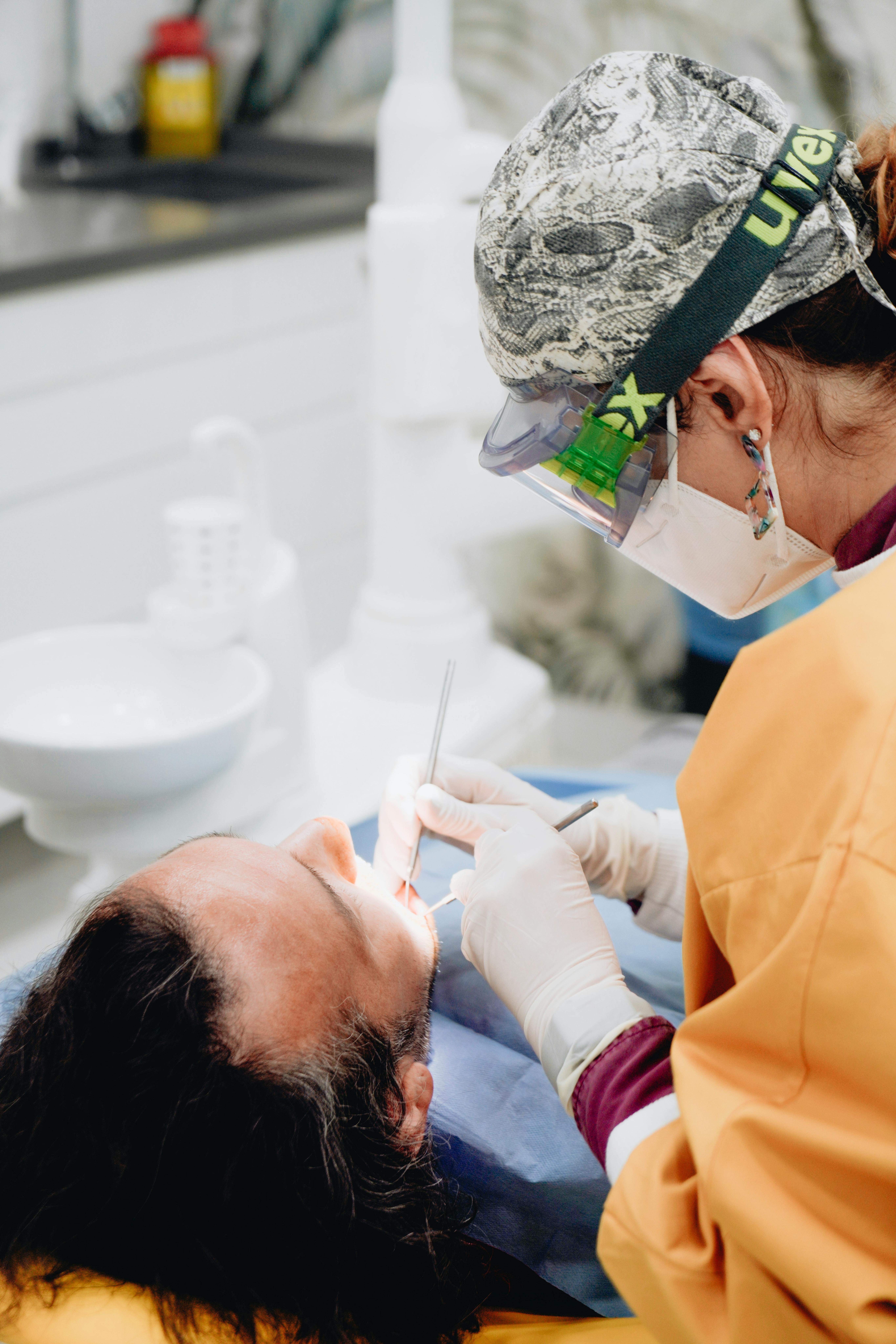
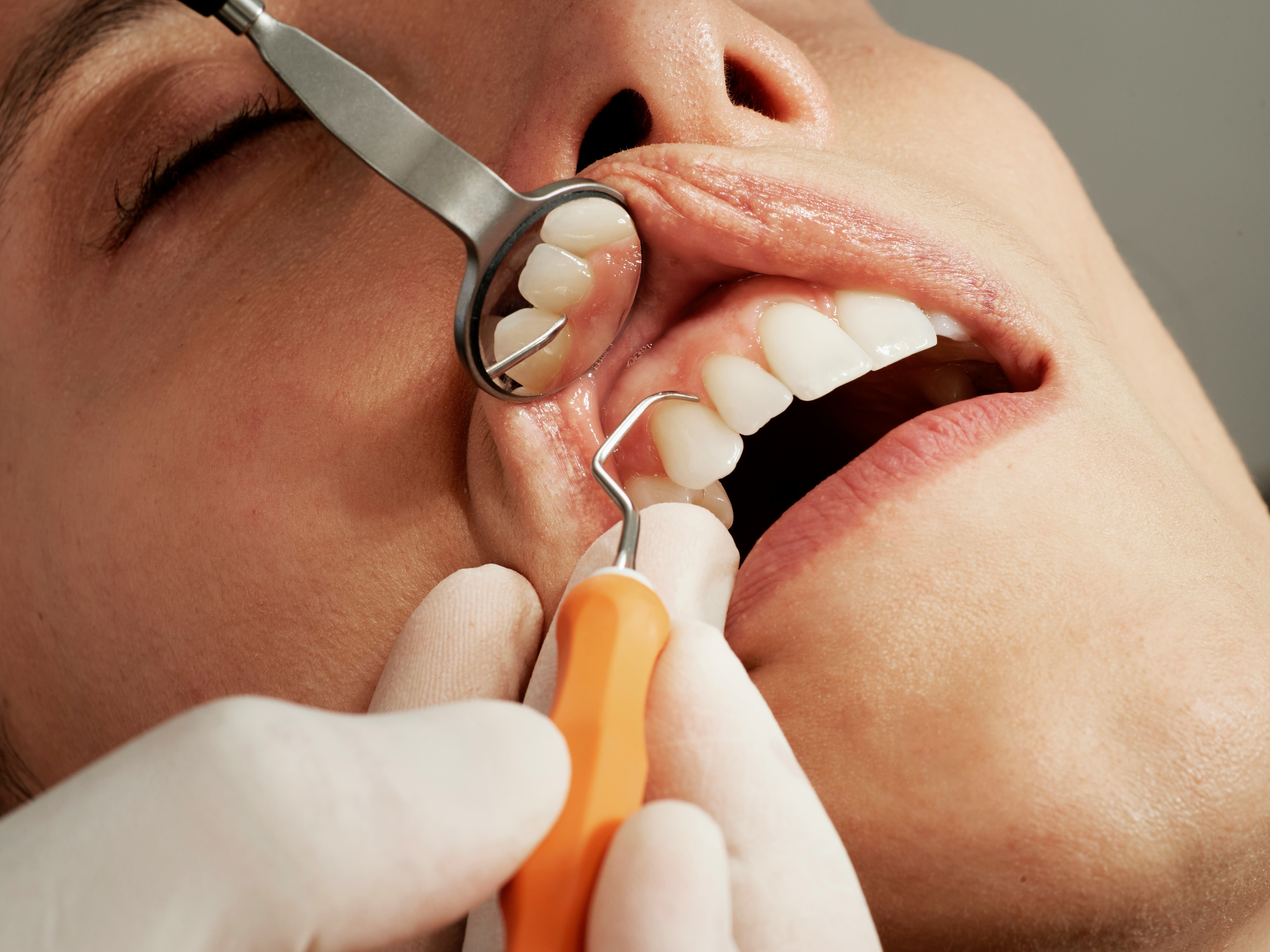
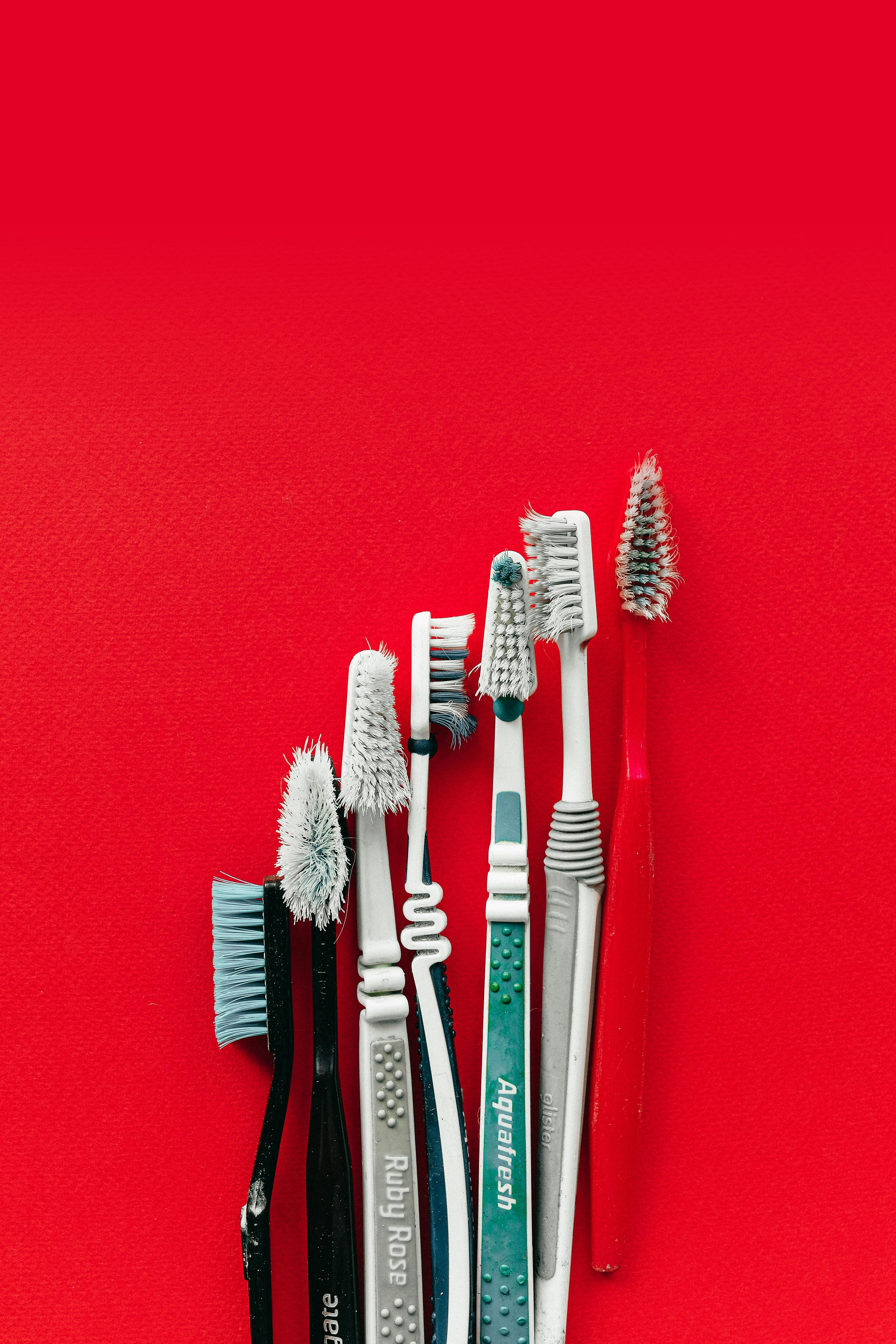

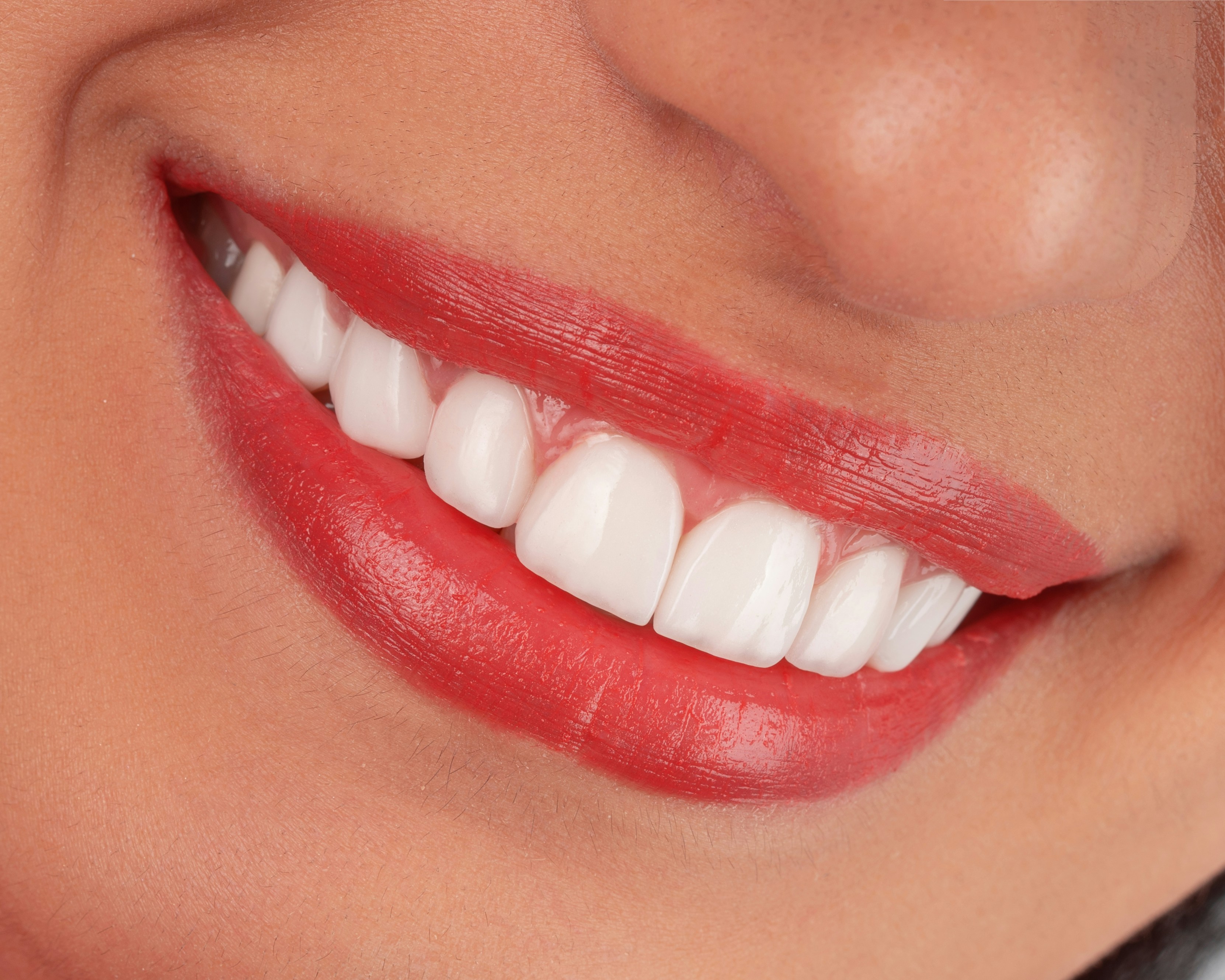
.jpg)
